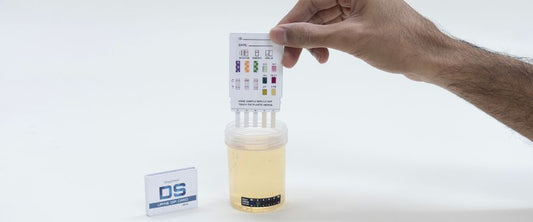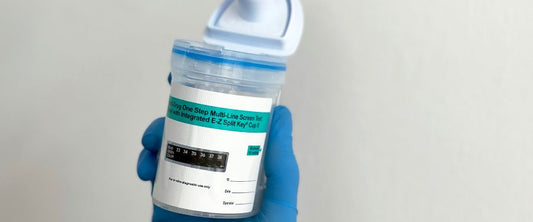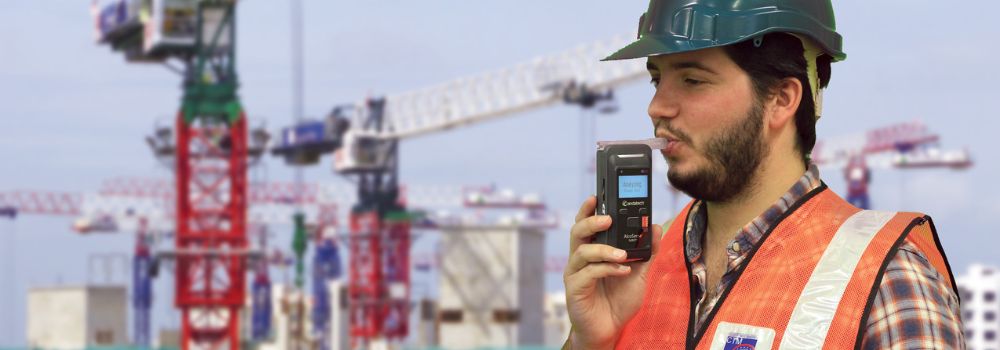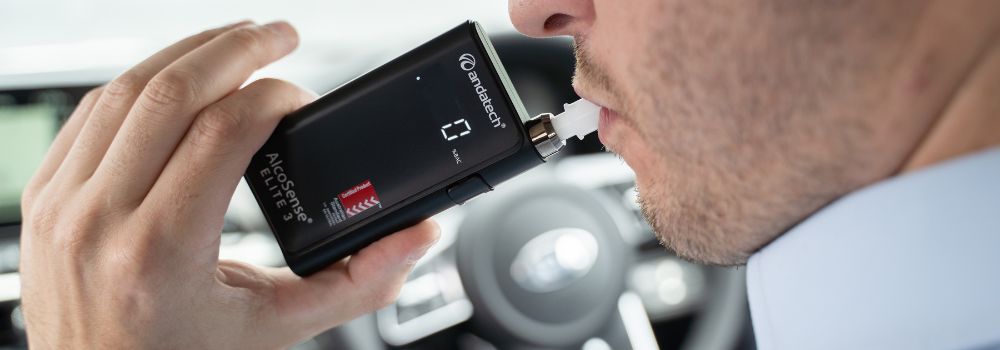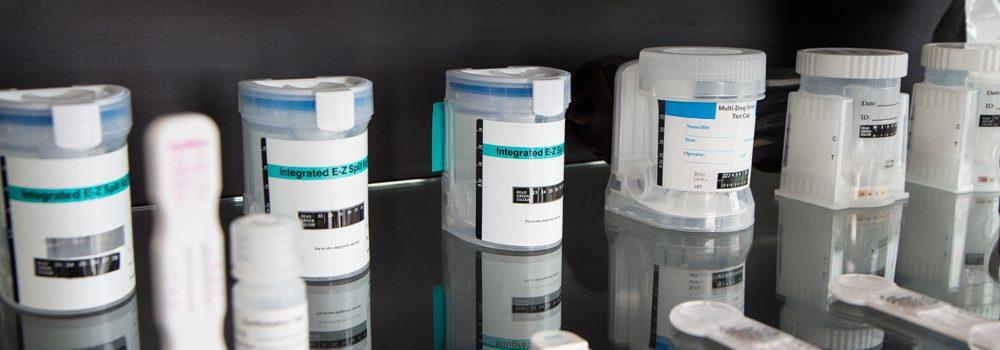In a groundbreaking shift, the Agensi Antidadah Kebangsaan (AADK) has introduced a major transformation in Malaysia’s approach to drug addiction — moving from detention to rehabilitation-first systems through the establishment of Pusat Saringan dan Penilaian Dadah (DAC), or Drug Assessment Centres.
Previously known as remand centres or lock-ups, these facilities have been restructured under the amended Drug Addicts (Treatment and Rehabilitation) Act 2024, with the aim of treating individuals with addiction as patients, not criminals.
“Through the DAC implementation, drug users are now seen as patients, not offenders,”
said AADK Director-General Datuk Ruslin Jusoh, during a recent working visit to the Pasir Mas DAC.
From remand to recovery: What is the DAC model?
The new DAC centres function as a single-point reference hub for individuals detained for drug-related issues. Instead of placing them into the criminal justice system, these centres offer a comprehensive medical and psychosocial evaluation.
Each assessment considers:
- The type of drug used
- The physical and psychological health of the individual
- The most appropriate treatment pathway
DACs are staffed by registered medical doctors (via locum placements) and specially trained rehabilitation officers, who utilise eight dedicated screening instruments for accurate assessment.
Why screening matters more than ever
A key innovation of the DAC model is the acceleration of the treatment process. Rather than waiting weeks for lab pathology results, individuals are now assessed rapidly and directed to recovery programmes without delay.
This streamlined approach:
- Prevents backlogs in the system
- Speeds up access to care
- Reduces the emotional burden on those in need
- Ensures treatment is based on real-time data, not assumptions
Andatech Malaysia supports fast, reliable screening
With speed and accuracy now critical to the success of early intervention, drug screening tools used in DACs must be both trusted and efficient.
✅ Andatech’s rapid drug test kits are Australian Standards-compliant and offer reliable, clear results in minutes — supporting faster treatment for those who need it most.
A more humane future for addiction recovery
The creation of DACs signals a powerful change in Malaysia’s approach to drug addiction — one rooted in compassion, science, and timely intervention. By treating addiction as a health issue, rather than a crime, AADK is helping dismantle stigma and deliver more effective care.
As Malaysia moves forward in this progressive direction, it’s essential to ensure that screening, assessment, and treatment tools remain aligned with the mission: to restore lives, protect communities, and support recovery.
📌 Need accurate, rapid drug screening tools for your facility or rehab centre?
Explore Andatech Malaysia’s Drug Test Kit Collection
Disclaimer: The information provided in this article is for general reference only. Please seek advice from professionals according to your business’s needs.
Written by Andatech Malaysia



